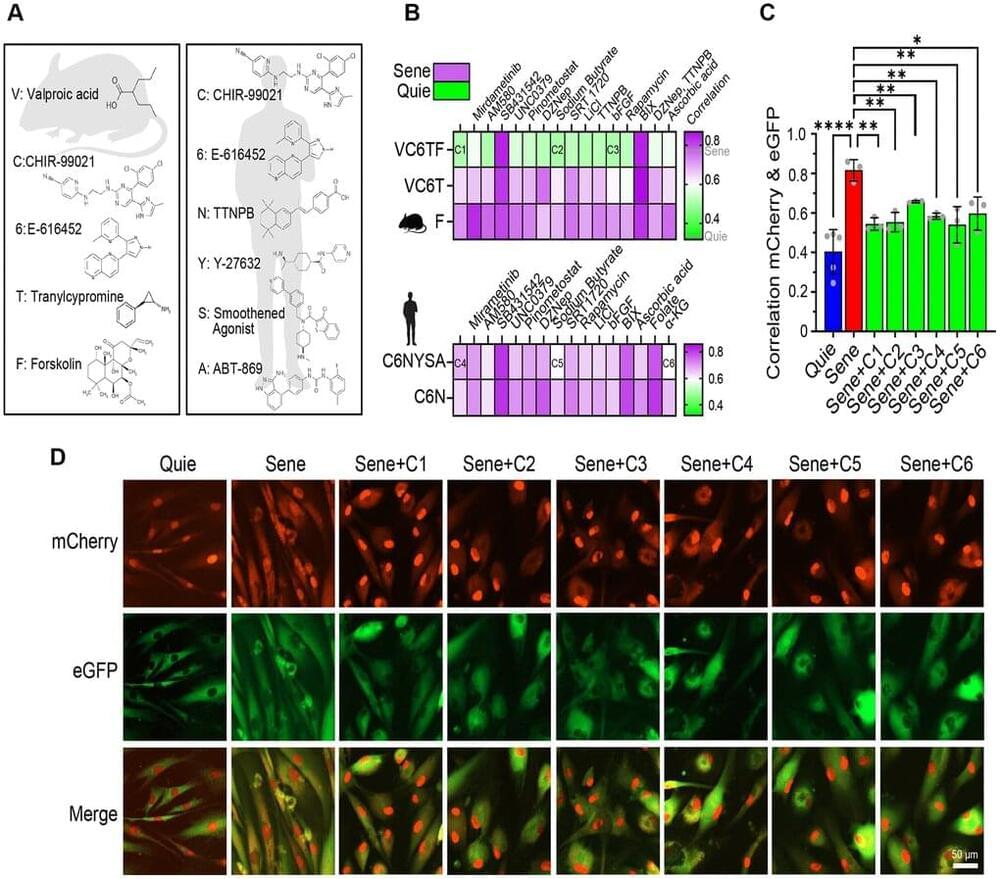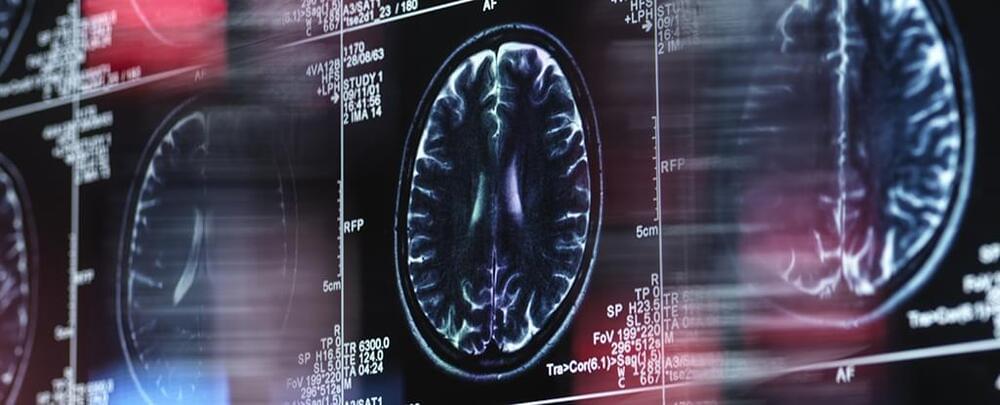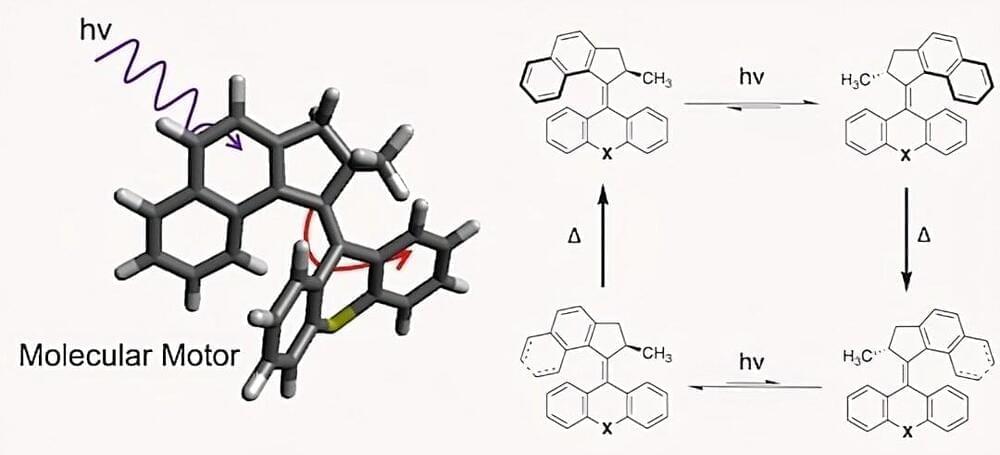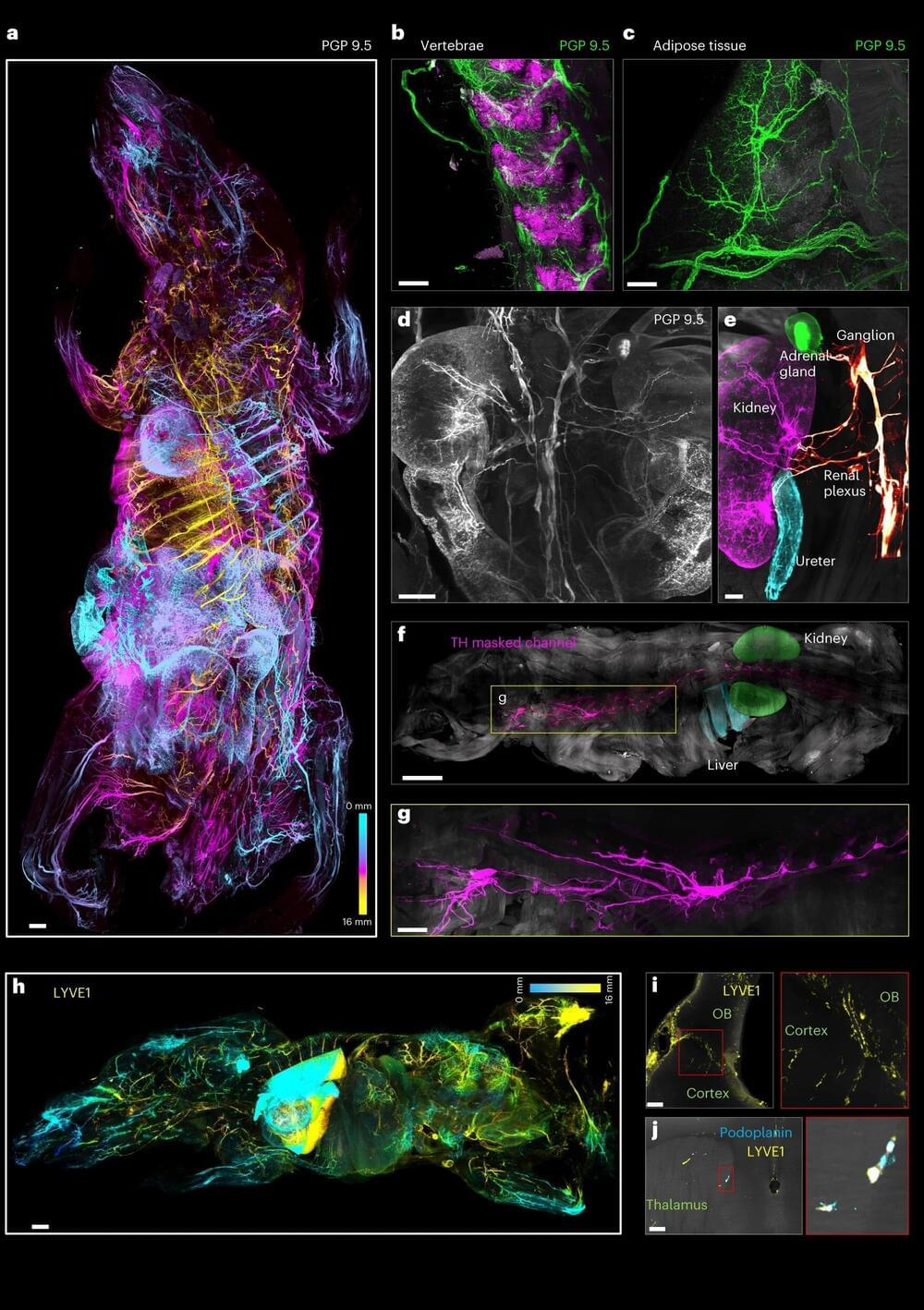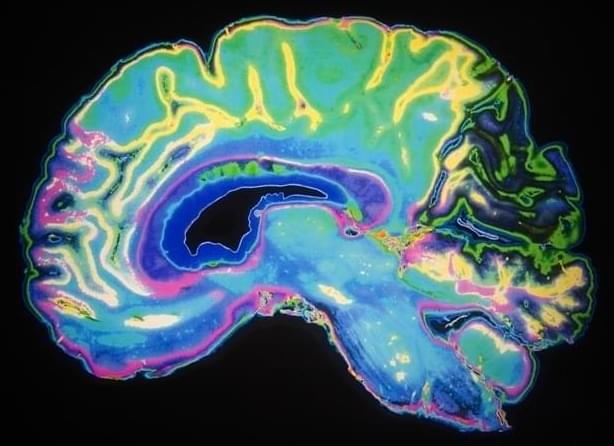Starting at 12:40 Liz asks what would your perfect virtual world be like. Not sure what my home world would be like, a Maldives island, an orbital ring colony perhaps. I think my main form of entertainment would be to adventure in the worlds people will create, and perhaps help build them. Someone will detail the 30 million worlds of A Galaxy Far Far Away and go play in it, someone will create a Star Trek Galaxy, D&D, Niven’s Known Space, Potter-verse, LOTR, and so on.
Only a handful of people in the entire world are aware of the work that is going on to increase the lifespan of #humans. Not just in terms of numbers, but also in terms of the quality of life. Most people today are unable to imagine living beyond 80–90, and they absolutely cannot imagine living an active life at 80–90 or beyond, to say nothing of living forever, and leading an active life forever.
But, the reality is that living forever is going to be a reality in the near future. You can catch up on what’s going on in the #longevity space at The Buying Time Podcast.
The Buying Time Podcast is brought to you by two people who are passionate about super-longevity. Sa…ra…va…nan (Saravanan Balakrishnan) is the founder and CEO of Amura Health (amura.ai), a #hospital on the cloud that helps people to beat many #chronic conditions. Liz Parrish is the CEO of BioViva Science, a fore runner in the space of bringing #gene therapy to super-longevity space.
Liz Parrish is a path-maker in the longevity space. She not only established BioViva Sciences, but has tried out her company’s gene #therapy. She is determined not to allow future generations to die of #diseases that plagued previous generations because she is convinced that every disease is curable. If there is no disease, why do you have to die?

